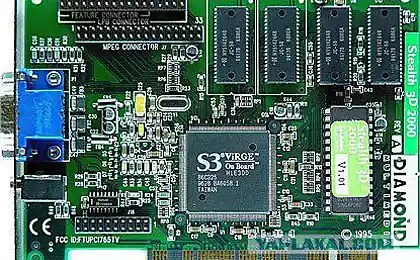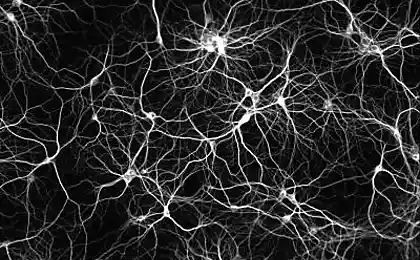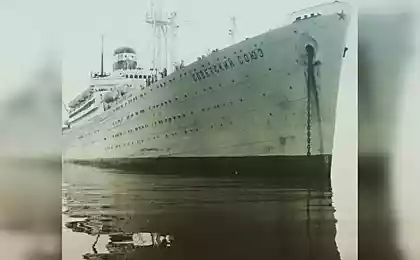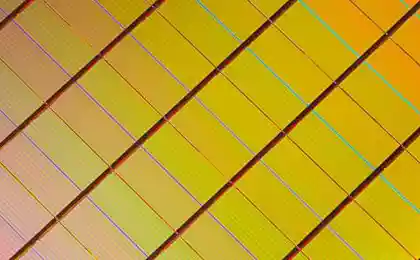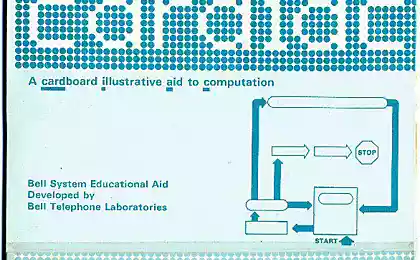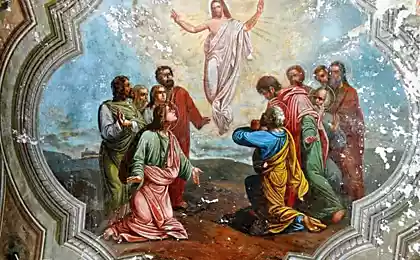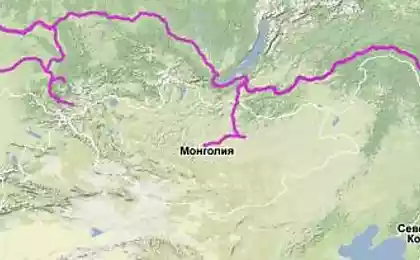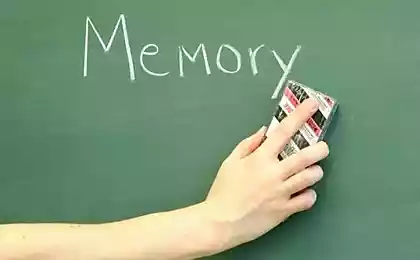1360
Memorial Day Afghans
25 years ago, February 15, 1989 the last column of Soviet troops left Afghanistan. This day is a day of remembrance for the soldiers-internationalists.
Remember them ...
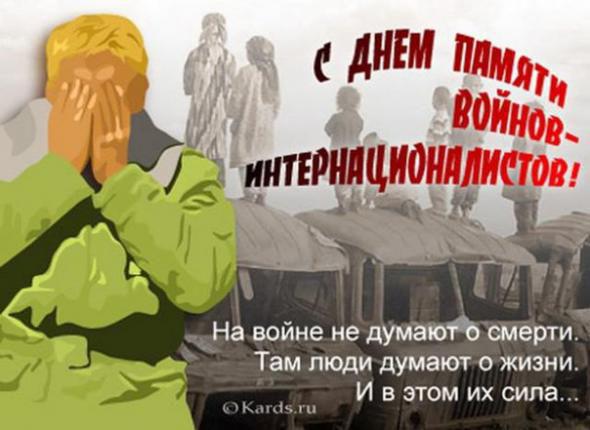
Some sources indicate that the commander of the limited contingent, Lieutenant General Boris Gromov, the last frontier crossed the Amu Darya River, but in reality the last unit left the Afghanistan border guards, covering the withdrawal of troops and came out into the territory of the USSR in the second half of the day. This event marked the end of the Soviet Union of the Afghan war, which lasted almost ten years and claimed the lives of 13,310 Soviet citizens. Of all the former Soviet republics of the RSFSR suffered the greatest losses.

Removal from the authorities, and then the assassination of President Taraki was regarded by us as a counter-revolutionary coup. The Soviet leaders were convinced of the impossibility of dealing with the usurper of power Hafizullah Amin, who, although he swore their loyalty to us was totally unpredictable.
The idea has matured quite quickly: it is necessary to bring to power in Kabul, representatives of small but active opposition to anti-Amin. Regulation on the provision of the DRA military aid (by entering its territory contingent of Soviet troops) on the basis of the signed 5 December 1978 Soviet-Afghan Treaty of Friendship, Good-Neighborliness and Cooperation, adopted December 12, 1979 at the suggestion of the commission of the Politburo on Afghanistan composed of Andropov, Gromyko, Ustinov and Ponomarev. December 25, 1979 Afghanistan became the 40th Army under the command of Lieutenant-General Yuri Tuharinova (since 1987, the army commander - Colonel General Boris Gromov).
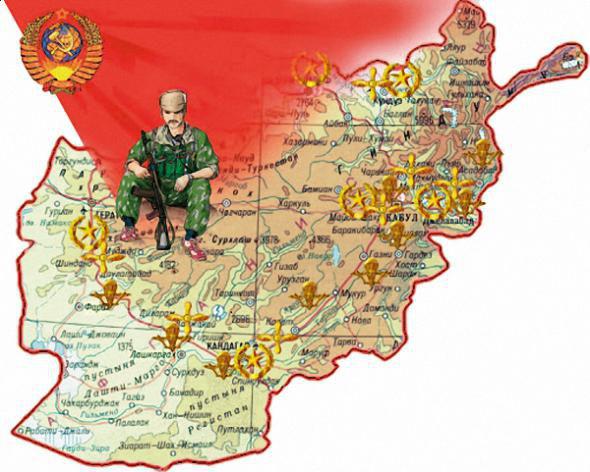
Almost immediately, the army has been strengthened helicopter parts and fighter-bombers from bases TurkVO and Savo. Simultaneously with the introduction of troops was made the Soviet secret police operation codenamed "Storm-333" for the physical elimination of the head of Afghanistan Hafizullah Amin. He was replaced by Babrak Karmal, who wanted to reach agreement with opponents and to expand the social base of his administration. A manifestation of this course was, in particular, which began in 1981, the rejection of agrarian reform. However, to achieve reconciliation failed and steady state was completely dependent on Soviet military, technical and financial assistance.
Rebel group enjoyed the support of the United States and other countries. In the 1980s, military operations deployed across Afghanistan. Soviet troops and soldiers of the Afghan army confronted the rebels, known as "mujahideen" ("Fighters for the faith"). In 1986, in a coup Karmal was replaced, his place was taken by Mohammad Najibullah, General Secretary of the PDPA Central Committee and member of the Revolutionary Command Council (the supreme body of state power). In November 1987, in accordance with the new constitution Najibullah meeting of representatives of all segments of the population, he was elected president of the country, which became known as the Republic of Afghanistan.
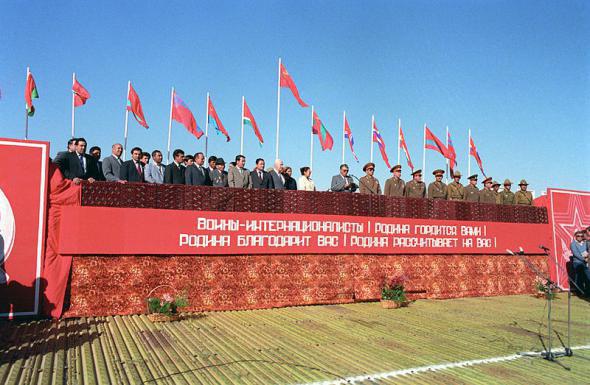
In April 1988, the Soviet Union and the United States reached an agreement on non-interference in the affairs of Afghanistan. In accordance with the agreement reached in May 1988, the USSR began withdrawing troops from Afghanistan, which ended February 14, 1989. Annual "list number" of Soviet troops from 80 thousand to 104 thousand troops. In just ten years, through Afghanistan passed 620 thousand Soviet soldiers and officers. Until February 15, 1989, according to official figures, killed 14,453 Soviet troops.
The bright memory of him!
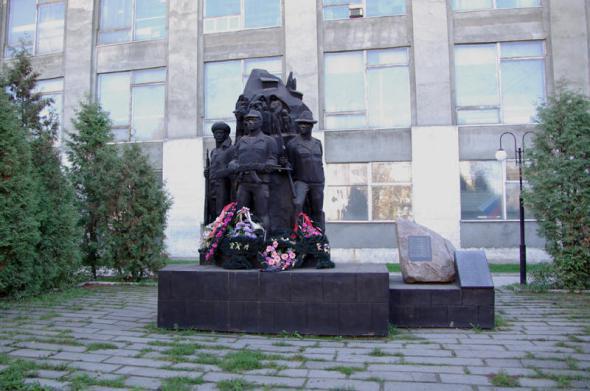
"From them, it is not necessary to deny,
With more than enough grief to them.
Put a monument to the Afghans,
And the slaughter, and alive!
The fact that in the mountains there are bullets,
Whom fate has not been saving,
Who cruelly deceived,
Who Fatherland did not expect.
Sometimes it was only twenty,
Those who embraced death.
Put a monument to the Afghans,
At least a modest obelisk.
He who is faithful oath,
Those who did not sell his honor,
Who is not a line on paper,
And he fought with a gun.
No need to look out for them,
From wars tired and sick.
Put a monument to the Afghans!
Perhaps they will last a few days. »

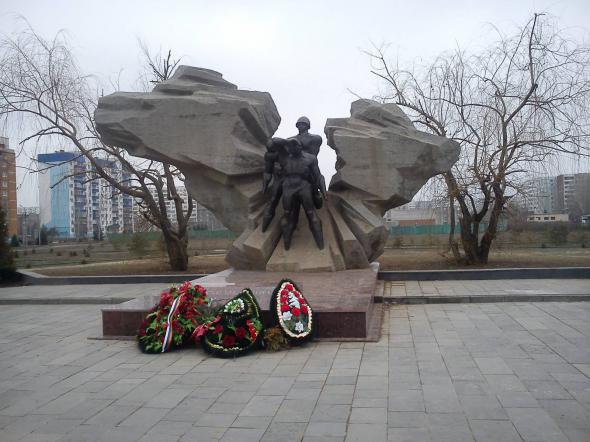
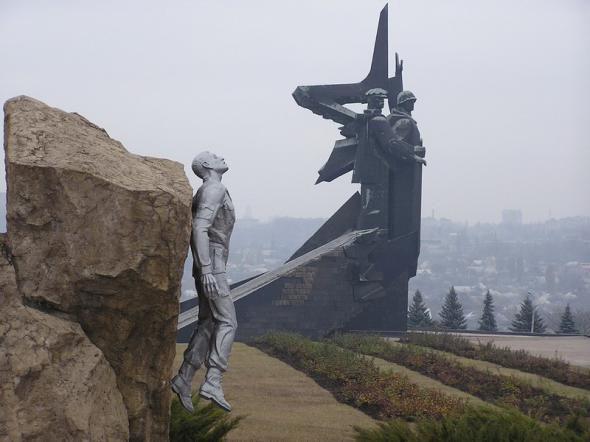
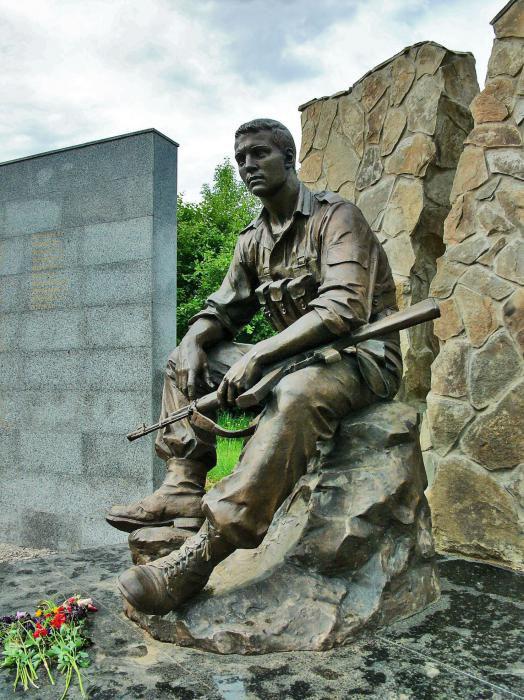
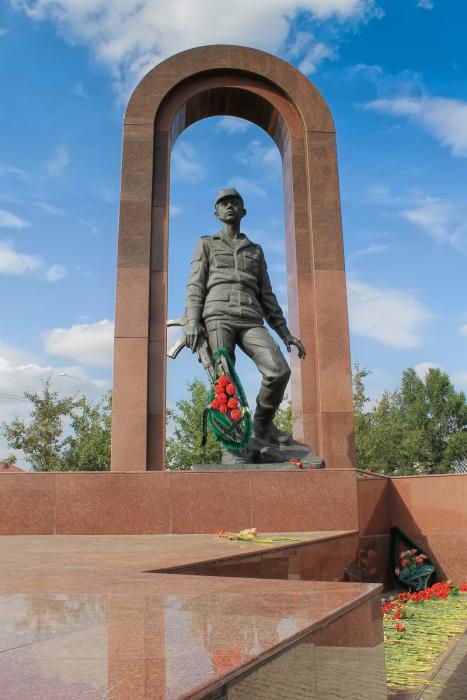
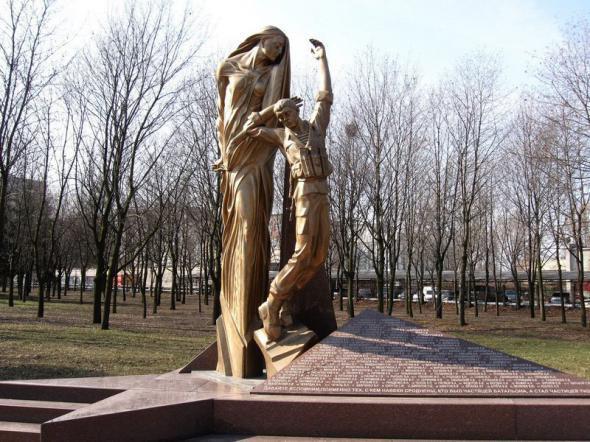
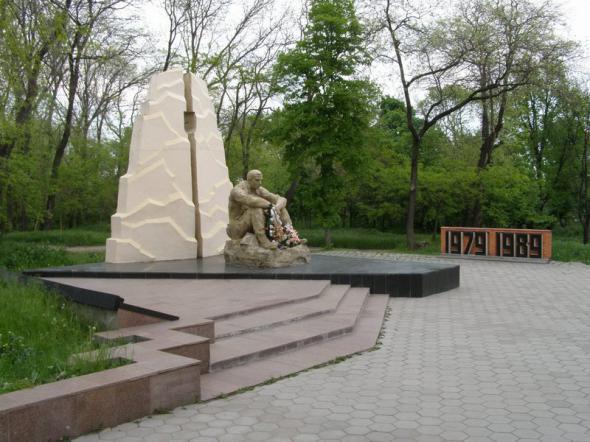
Source: nnm.me
Remember them ...

Some sources indicate that the commander of the limited contingent, Lieutenant General Boris Gromov, the last frontier crossed the Amu Darya River, but in reality the last unit left the Afghanistan border guards, covering the withdrawal of troops and came out into the territory of the USSR in the second half of the day. This event marked the end of the Soviet Union of the Afghan war, which lasted almost ten years and claimed the lives of 13,310 Soviet citizens. Of all the former Soviet republics of the RSFSR suffered the greatest losses.

Removal from the authorities, and then the assassination of President Taraki was regarded by us as a counter-revolutionary coup. The Soviet leaders were convinced of the impossibility of dealing with the usurper of power Hafizullah Amin, who, although he swore their loyalty to us was totally unpredictable.
The idea has matured quite quickly: it is necessary to bring to power in Kabul, representatives of small but active opposition to anti-Amin. Regulation on the provision of the DRA military aid (by entering its territory contingent of Soviet troops) on the basis of the signed 5 December 1978 Soviet-Afghan Treaty of Friendship, Good-Neighborliness and Cooperation, adopted December 12, 1979 at the suggestion of the commission of the Politburo on Afghanistan composed of Andropov, Gromyko, Ustinov and Ponomarev. December 25, 1979 Afghanistan became the 40th Army under the command of Lieutenant-General Yuri Tuharinova (since 1987, the army commander - Colonel General Boris Gromov).

Almost immediately, the army has been strengthened helicopter parts and fighter-bombers from bases TurkVO and Savo. Simultaneously with the introduction of troops was made the Soviet secret police operation codenamed "Storm-333" for the physical elimination of the head of Afghanistan Hafizullah Amin. He was replaced by Babrak Karmal, who wanted to reach agreement with opponents and to expand the social base of his administration. A manifestation of this course was, in particular, which began in 1981, the rejection of agrarian reform. However, to achieve reconciliation failed and steady state was completely dependent on Soviet military, technical and financial assistance.
Rebel group enjoyed the support of the United States and other countries. In the 1980s, military operations deployed across Afghanistan. Soviet troops and soldiers of the Afghan army confronted the rebels, known as "mujahideen" ("Fighters for the faith"). In 1986, in a coup Karmal was replaced, his place was taken by Mohammad Najibullah, General Secretary of the PDPA Central Committee and member of the Revolutionary Command Council (the supreme body of state power). In November 1987, in accordance with the new constitution Najibullah meeting of representatives of all segments of the population, he was elected president of the country, which became known as the Republic of Afghanistan.

In April 1988, the Soviet Union and the United States reached an agreement on non-interference in the affairs of Afghanistan. In accordance with the agreement reached in May 1988, the USSR began withdrawing troops from Afghanistan, which ended February 14, 1989. Annual "list number" of Soviet troops from 80 thousand to 104 thousand troops. In just ten years, through Afghanistan passed 620 thousand Soviet soldiers and officers. Until February 15, 1989, according to official figures, killed 14,453 Soviet troops.
The bright memory of him!

"From them, it is not necessary to deny,
With more than enough grief to them.
Put a monument to the Afghans,
And the slaughter, and alive!
The fact that in the mountains there are bullets,
Whom fate has not been saving,
Who cruelly deceived,
Who Fatherland did not expect.
Sometimes it was only twenty,
Those who embraced death.
Put a monument to the Afghans,
At least a modest obelisk.
He who is faithful oath,
Those who did not sell his honor,
Who is not a line on paper,
And he fought with a gun.
No need to look out for them,
From wars tired and sick.
Put a monument to the Afghans!
Perhaps they will last a few days. »







Source: nnm.me


